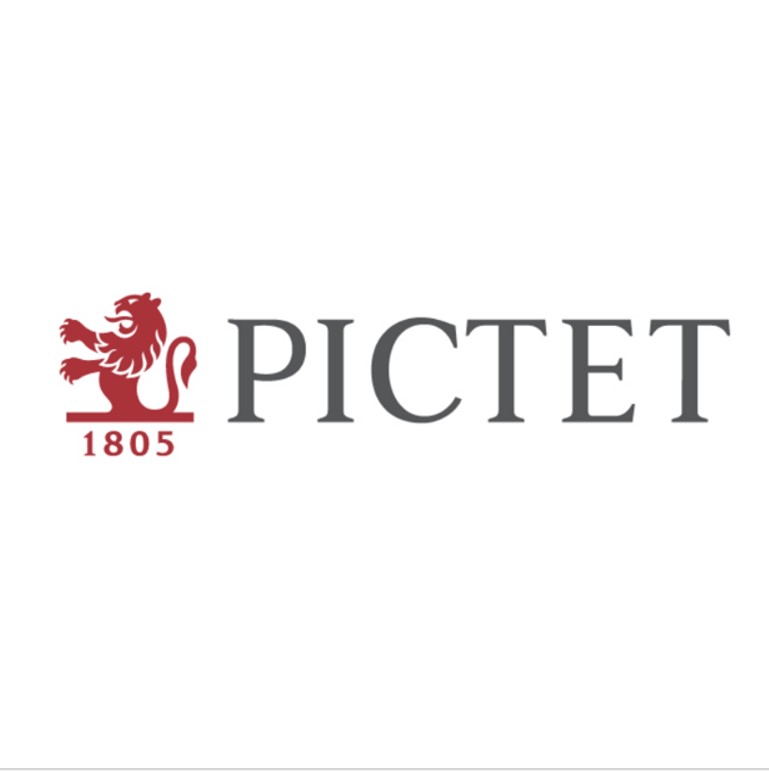Wealth Strategies
Pictet Cautious On Equities, Says Bonds Deserve Place Back In Portfolios

The Swiss firm thinks business outlooks are diverging for developed and developing economies in terms of growth, with the latter expanding more quickly.
Pictet Wealth Management is broadly cautious on equities, particularly in the US, because of what it expects to be a lacklustre growth outlook, while it thinks bonds should be welcomed back as ways of giving portfolios ballast.
In a mid-year outlook, PWM, part of Geneva-headquartered Pictet, said it is underweight US stocks, and underweight global small-cap equities, which are more vulnerable to tightening credit conditions than larger caps, especially in the US, with high exposure to regional banks and real estate – two vulnerable sectors.
The firm thinks that business outlooks are diverging for developed and developing economies in terms of growth, with the latter expanding more quickly.
“We remain cautious on equities overall, particularly in the US, but see active-management opportunities in select markets and sectors,” the firm said.
“In many ways, the world economy continues to be split in two, with purchasing-manager index (PMI) surveys showing a widening divergence between a booming service sector globally and a manufacturing sector that is contracting. There is also a divergence in business activity between emerging and advanced economies,” Hugues Rialan, Asia chief investment officer and head of discretionary portfolio management, Pictet Wealth Management, said.
“We are also underweight global small-cap equities, which are more vulnerable to tightening credit conditions than larger caps, especially in the US, with high exposure to regional banks and real estate, two vulnerable sectors,” the firm said.
“We have neutral positions on European and Japanese equities, where banking-sector issues are less acute than in the US and valuations are lower. Japanese equities in particular could be helped by the continued dovishness of the Bank of Japan and heightened foreign investor interest,” it continued.
“Sector wise, after better-than-expected results for industrials, data is pointing to a slowdown in new orders and sales. Prospects of a short-term downturn underline the interest of continuing to concentrate on capital-goods companies set to benefit from strong secular drivers such as the energy transition and the re-industrialisation of western economies,” the firm said.
Bonds are back
In 2022, bond and equities fell, dealing a blow to the
traditional idea of the “60/40” equities/bonds split in
portfolios. However, correlations between these assets are
falling, PWM said.
“With stock-bond correlations falling, we believe bonds have earned back their place in portfolios. But we continue to believe in an active and selective approach to fixed income. Long-term US Treasuries now offer attractive yields and serve as protection in the case of an economic downturn,” it said.
“We remain underweight Japanese bonds (because of a lack of yield), as well as euro periphery debt, as the recent spread narrowing has been overdone,” it continued.
“While underweight speculative high-yield bonds (because of the risk of higher defaults as funding conditions tighten), we are more upbeat on investment-grade (IG) bonds and have an overweight position in euro IG, but see no reason to extend duration too much in IG at current yield differentials,” PWM said.
The firm has cut its position on emerging-market corporate bonds in hard currency from overweight to neutral, since their outperformance of developed-market equivalents has dropped, it said.